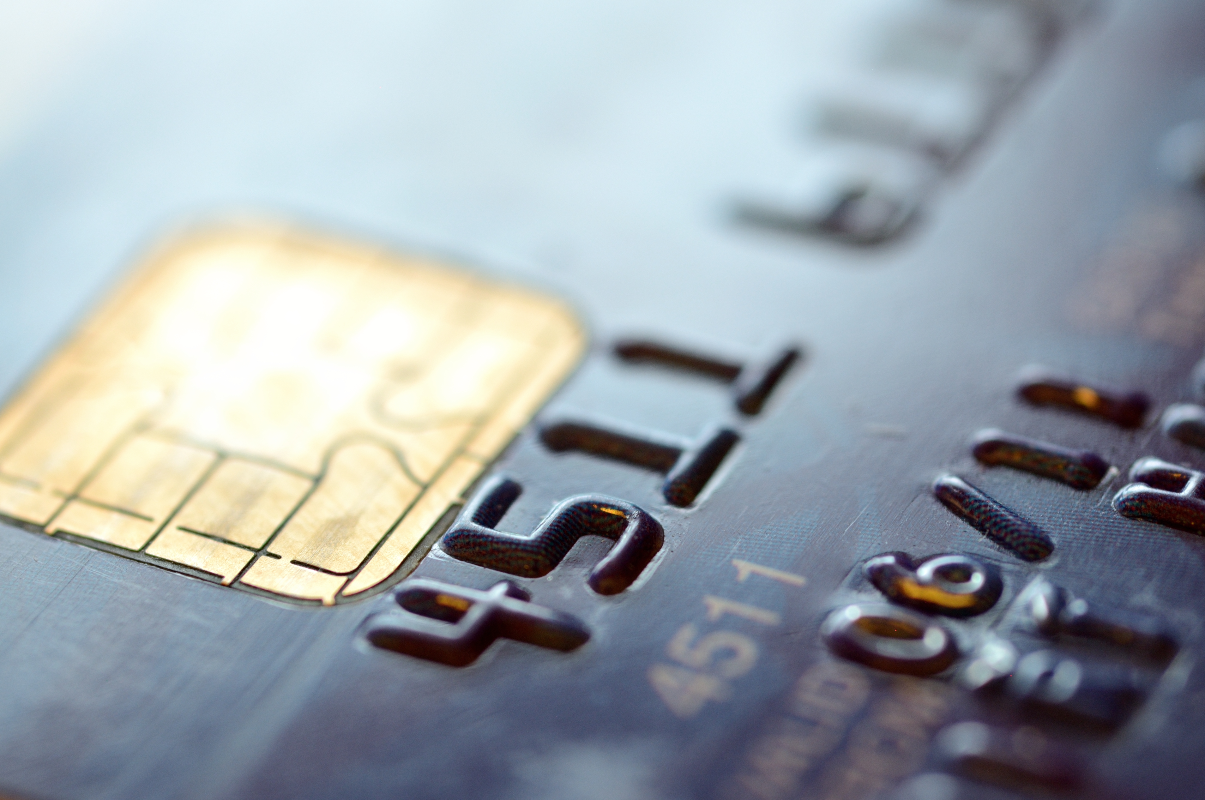As a business, there are a number of different payment methods you need to consider, making sure you’ve got all bases covered. The majority of payment cards are globally recognised meaning you can accept payments from a broad spectrum of customers.
There is a wide variety of payment card options available to both business owners and customers. Whether it’s purchasing from or for a business, there is a card type best suited to everyone's spending needs.

Debit Cards
Debit cards are one of the most popular types of payment cards. They are attached to a bank account that is already equipped with funds ready to be spent, and once you make a purchase the money is immediately deducted from your bank account.
The main types of debit cards are Visa, Mastercard and Maestro, with all three operating in the same way. You will pay through a card machine, contactless online or over the phone - the funds will be deducted from your account within a maximum of 72 hours.
Credit Cards
Credit cards are hugely similar to debit cards, both in the way that they are used and their popularity. However one of the key differences to note is that the purchase is made using credit, which is essentially money that they will pay back at a later date.
When you get a credit card your provider will issue a credit limit i.e. how much you are allowed to spend and with each use you agree to pay back the fee plus interest. However, there are some providers who offer up interest-free periods and no interest will be incurred if the bill is paid by the specific date. The most popular credit card providers are Visa, Mastercard and American Express.
Credit cards are a good payment card option for those who are likely to make bigger purchases as they can help you to split the costs. But, there is a risk of over-spending money that you don’t have, making it difficult to repay and at risk of debt.
Charge Cards
Charge cards are similar to credit cards but work differently. Charge cards allow you to pay with credit (money you don’t have) but you are required to pay the amount back in full each month, with no option to carry the balance over.
Charge cards are not as flexible as credit cards in regards to repayment. But, this type of payment card does not come with a fixed spend limit or interest rate, as it is your responsibility to pay the amount back in full to avoid additional fees.
The charge card market isn’t as vast as debit or credit cards, meaning that they are not accepted everywhere. You are able to use it in stores, online, in cash machines and over the phone but you will need to check that your card is accepted before making a purchase. The most common charge card provider is American Express.

Prepaid Cards
Prepaid cards act as an alternative to carrying cash. They operate in a similar way to debit and credit cards, but they allow you to load money to the card without the need to attach the card to a bank account.
The best comparison for a prepaid card is to compare it to a pay-as-you-go mobile phone, where you load money to the card as and when you need to use it.
They are a good option for businesses providing staff with pre-loaded cards to monitor spending or to allow them to pay for set expenses. Prepaid cards are also an excellent payment option for those who travel for businesses, as they are often available in multiple currencies.
There are often additional associated fees with this payment card to be mindful of.
Business Travel Cards
Business travel cards operate in the same way that credit, debit or charge cards do, as they are attached to an account. They are the best option for businesses who frequently make purchases, travel abroad and want to be rewarded.
The best business cards offer amazing perks such as cash back, points for airfare or hotel stays and other flexible rewards. The benefits of a business credit card include allowing a business to monitor and report expenses, to build business credit which can help you get a loan.
The best and most common provider of business travel cards is American Express who offer a range of cards with a variety of perks and a range of different interest rates and annual fees to suit your needs.
Purchasing Cards
Purchasing, procurement or “P-cards” are a company card that employees can use on behalf of their business to make purchases. They are often issued to specific employees who are trusted to make purchases in line with company policy.
Purchasing cards make the purchase of smaller, low value items much more streamlined and manageable for businesses and essentially eliminate any need for paperwork.
One of the biggest advantages, from a business point of view, is that a purchasing card allows you to consolidate all of your regular payments to vendors and suppliers into one account. Plus, it also supports businesses by providing an insight into their spending patterns.

Conclusion
Your choice of payment card will depend on your needs. Debit and credit cards are best for personal use or smaller businesses, whereas those who regularly make larger purchases on behalf of the business would be best opting for business travel or purchasing cards.
If you are a business owner and want to compare card machines, make sure to read our Best Card Machines post, and use our CardSwitcher comparison service to find your choice of reader for the best price.


